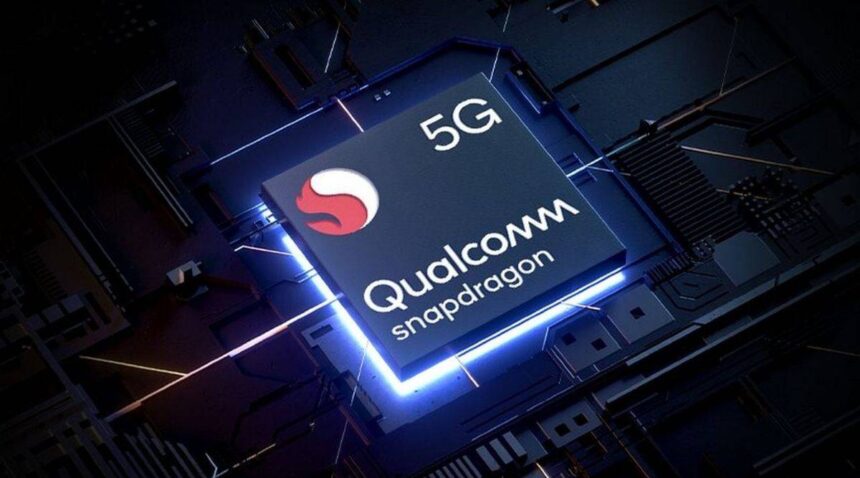The Snapdragon 8 Gen 3 is anticipated to build upon the significant advancements Qualcomm made to the Snapdragon 8 Gen 2. The Cortex-clock X4’s speeds are now known, and they represent a respectable increase over the Cortex-X3 in speed.
The fact that Qualcomm shifted to a new CPU cluster was one of the main factors in the Snapdragon 8 Gen 2’s performance improvement. Although maintaining one Cortex-X3 core, the business upped the number of performance cores to four while decreasing the number of efficiency cores to three. That arrangement will stay the same for the Snapdragon 8 Gen 3, although the Cortex-X4 is anticipated to operate at 3.70GHz, according to RGcloudS.
This results in a 15% clock speed increase over the Cortex-X3 of the Snapdragon 8 Gen 2’s 3.20GHz frequency. The Snapdragon 8 Gen 3 for Galaxy may operate at the same 3.70GHz clock speed, although it is uncertain whether Qualcomm and Samsung have different plans for the Galaxy S24 series. Also, we haven’t considered the speeds of the additional seven cores, which will significantly impact multi-core performance.
On Twitter, RGcloudS expresses his certainty that, at least on paper, the Snapdragon 8 Gen 3 for Galaxy will triumph over the A17 Bionic. Yet before, he said that Qualcomm’s next flagship SoC will effectively outperform the A17 Bionic since it might record the greatest single-core performance of any smartphone SoC.
Although there is a lot to be thrilled about, there are a lot of things that may go wrong. A prior engineering sample of the Snapdragon 8 Gen 3 was leaked in order to give performance that dethroned the A16 Bionic. But, real-world results will likely vary dramatically from these findings.





